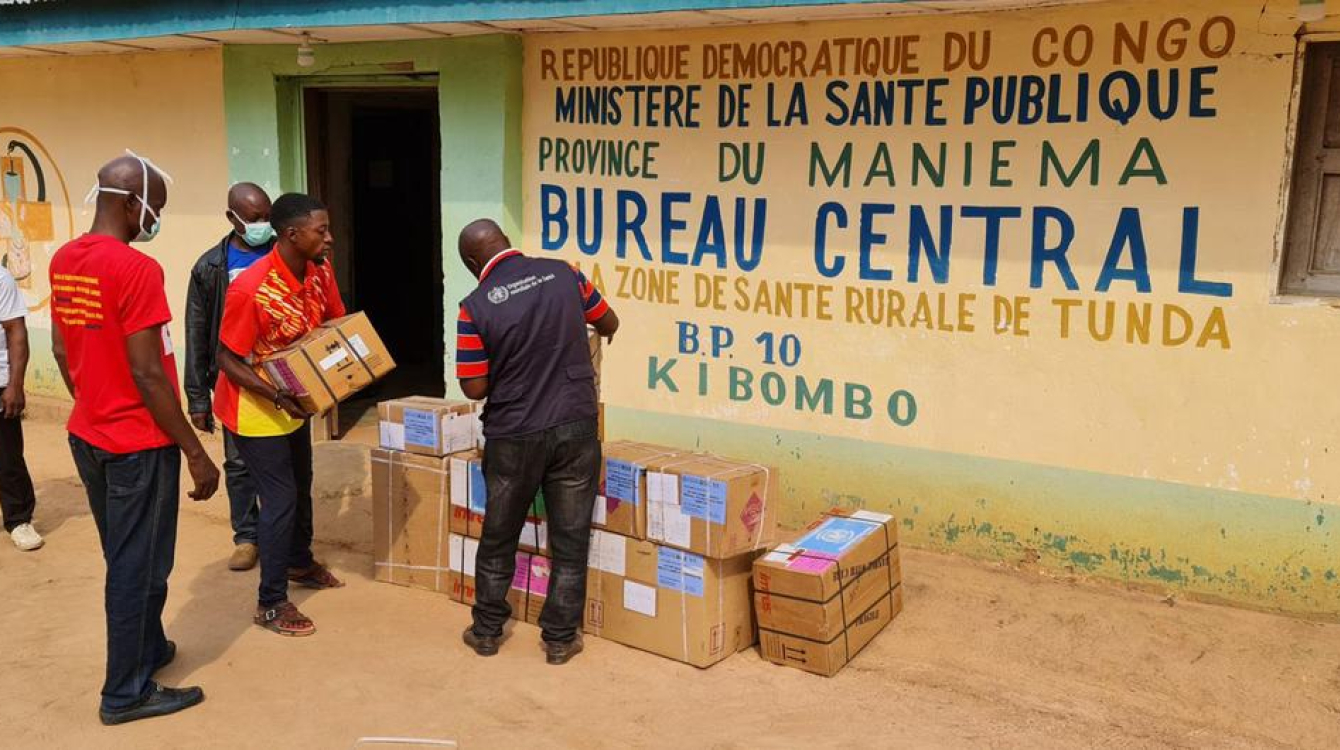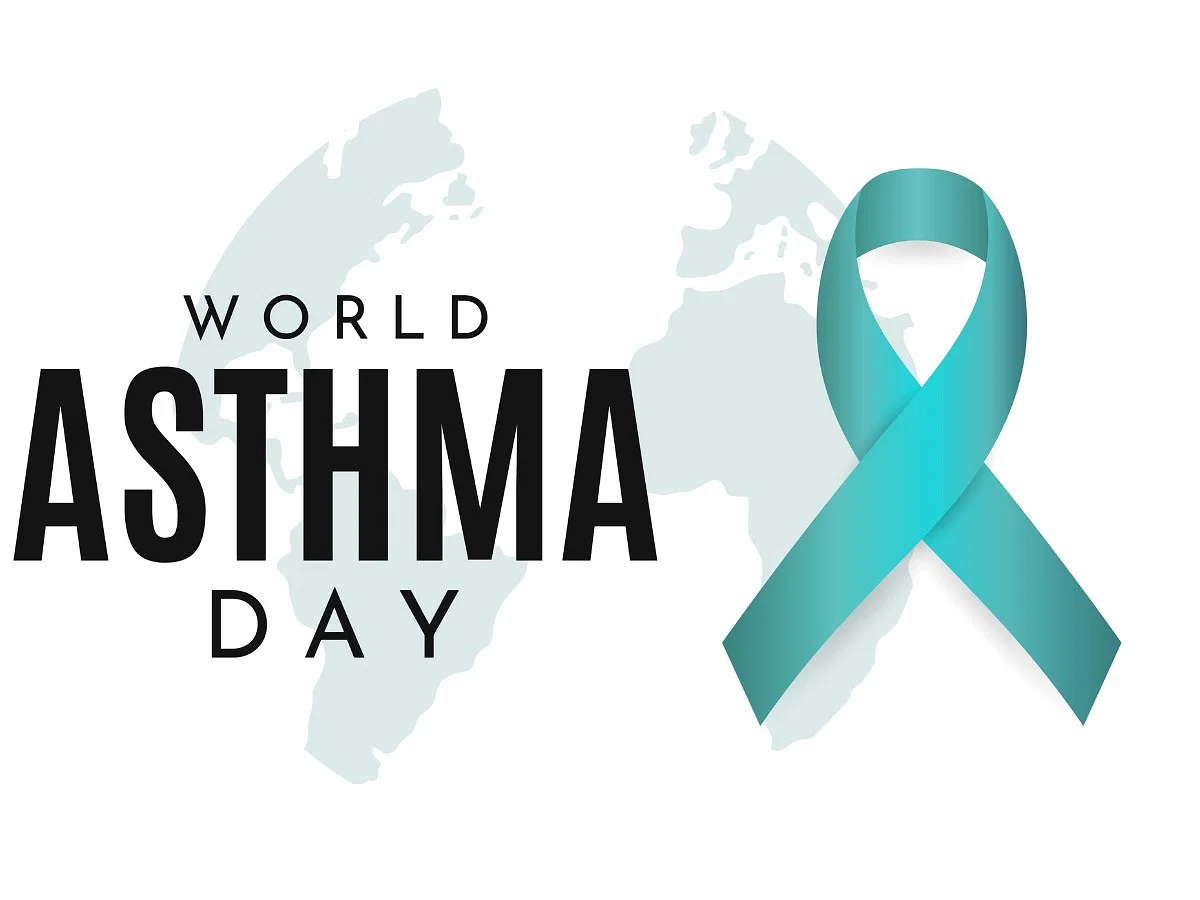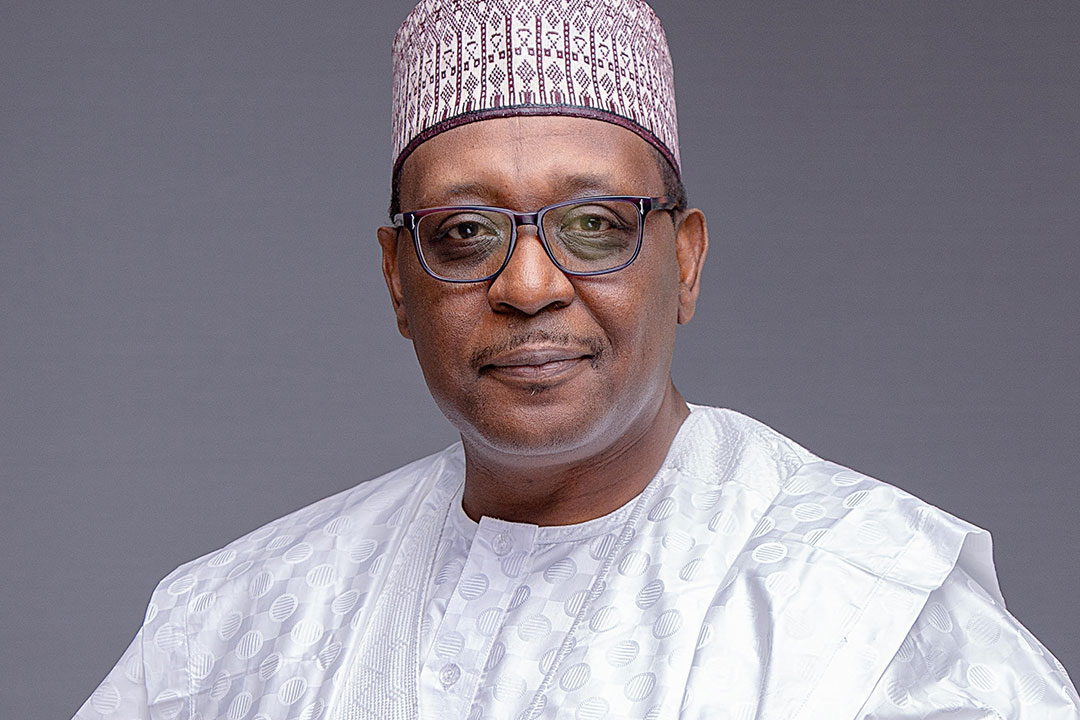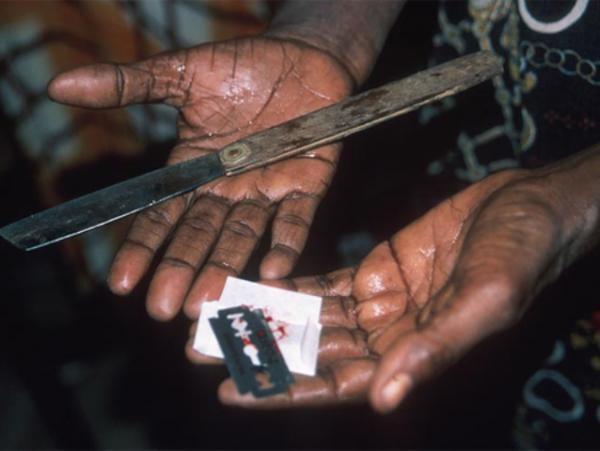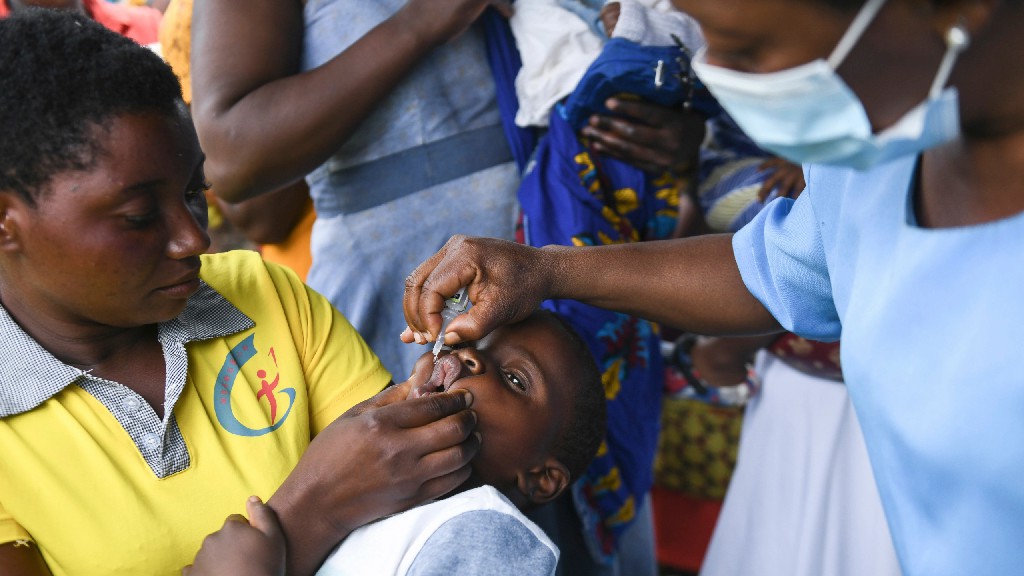The World Health Organization (WHO) Director-General, Dr. Tedros Adhanom Ghebreyesus, has declared the mpox outbreak in the Democratic Republic of the Congo (DRC) and other African countries a public health emergency of international concern (PHEIC). This decision follows advice from an expert committee that reviewed data showing the rapid spread of mpox in Africa and the risk of it spreading further.
Dr. Tedros expressed concern about a new strain of mpox in eastern DRC and neighboring countries. He emphasized the need for a coordinated global effort to stop the outbreak and save lives. Dr. Matshidiso Moeti, WHO’s Regional Director for Africa, highlighted ongoing efforts with local communities and governments to curb the virus, adding that international action is being scaled up to control the outbreak.
Professor Dimie Ogoina, who chairs the expert committee, stressed that the upsurge of mpox is a global issue, not just Africa’s. The virus, which was overlooked in Africa, caused a global outbreak in 2022, and he urged for immediate action to prevent further spread.
This is the second time in two years that mpox has been declared a PHEIC. The virus, first identified in humans in the DRC in 1970, is endemic in parts of central and west Africa. Last year, a new strain of the virus emerged in DRC, spreading through sexual networks and now being detected in neighboring countries. Over 100 cases of this strain have been confirmed in countries that had not previously reported mpox, including Burundi, Kenya, Rwanda, and Uganda.
WHO is working on expanding access to vaccines, particularly for lower-income countries. The organization is coordinating with partners to ensure equitable distribution of vaccines and medical tools. Immediate funding of $15 million is needed to support efforts in surveillance and response, and WHO has already released $1.45 million from its emergency fund to help.

